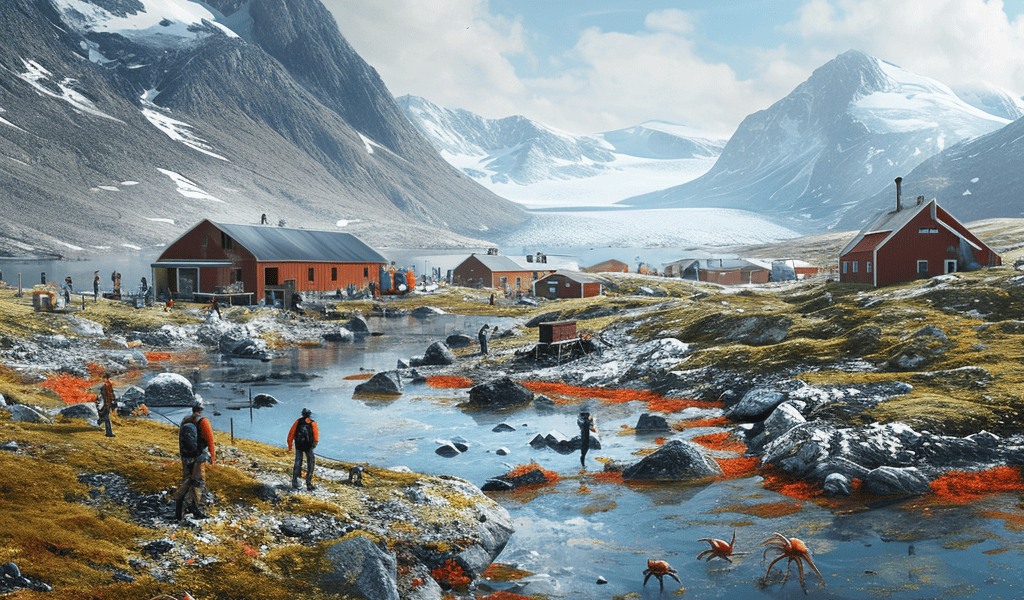This week on Naked Genetics, we delve into the origins of multiple sclerosis (MS) in Northern Europe and its potential benefits, as well as the fascinating survival of organisms in extreme conditions. Hosted by Will Tingle, the episode also explores the intriguing phenomenon of organisms evolving into crabs.
First up, we uncover the genetic reasons behind the high prevalence of MS in Northern Europe. Contrary to popular belief, it appears that the markers for MS may have actually been advantageous for the population. The episode provides a comprehensive exploration of this topic, shedding light on the historical implications and potential benefits of the MS markers.
Next, we venture to the South Pole for a discussion on genetic sequencing in one of the world’s most remote locations. The episode highlights the remarkable efforts and advancements in genetic research, even in the most extreme environments on Earth.
Furthermore, the podcast delves into the resilience of extremophiles, organisms capable of surviving in Earth’s harshest conditions. The universal impact of extreme environments on these remarkable life forms is a testament to the adaptability and resilience of living organisms.
Finally, the episode ponders the curious case of convergent evolution, where various organisms seem to be evolving into crab-like forms. This intriguing phenomenon raises thought-provoking questions about the forces driving such convergent evolution and the potential implications for the natural world.
For more captivating content, be sure to check out the related articles and podcasts on The Naked Scientists website. Stay informed and engaged with the latest developments in science and genetics.





